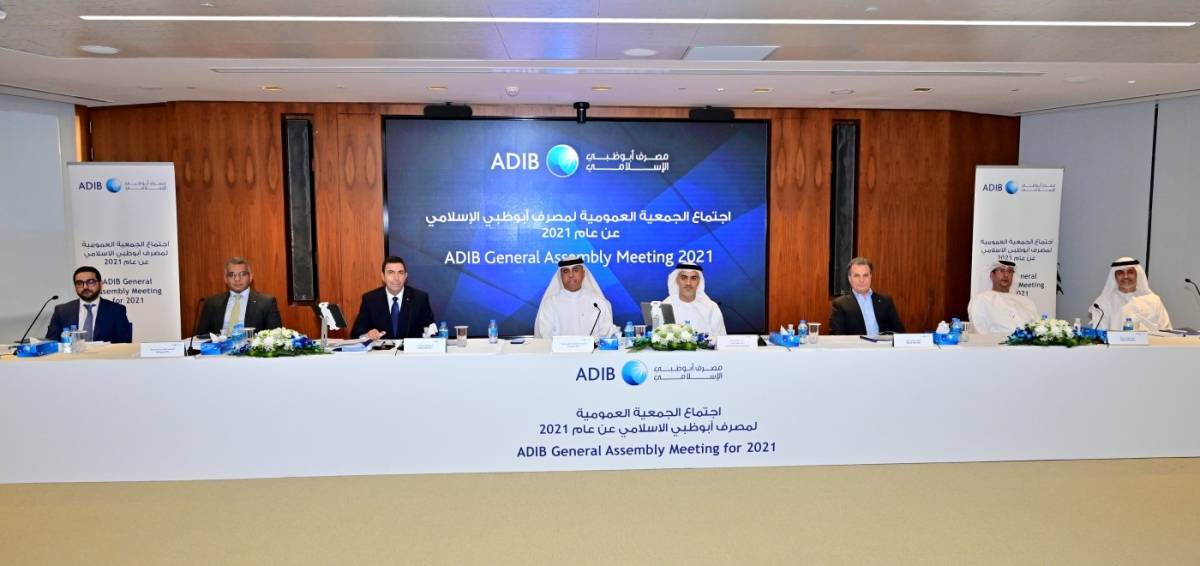The board meeting, headed by the bank’s president and chairman Muhammad Al Jasser, also discussed the existing financing gap in energy infrastructure needs in some of the member countries…reports Asian Lite News
The Islamic Development Bank has approved $1.12 billion in development financing for projects in nine member countries as it seeks to bridge fund gap in critical sectors.
The bank’s board at a meeting in Jeddah gave the green light to funding for projects in sectors including food security, health, transport, energy, urban development, education, water and sanitation, the multilateral lender said.
The board meeting, headed by the bank’s president and chairman Muhammad Al Jasser, also discussed the existing financing gap in energy infrastructure needs in some of the member countries.
The lender approved two energy sector public private partnership (PPP) projects in Uzbekistan and Uganda, where governments are using the PPP model to attract private sector investment to accelerate economic growth.
The €100 million ($100.04m) Surkhandarya combined cycle power plant funding in Uzbekistan will help to meet the growing energy demand. It will allow the country to phase out its ageing and inefficient fleet of gas-fired thermal power plants, the bank said.
In Uganda, the financing of $100m, which is part of the Islamic tranche, will enable the country to export more of its oil through cross-border pipelines instead of using it to generate power.
In the sustainable transport sector, the bank approved $601.7m as sovereign financing, of which $200m was allocated to transport projects in Guyana, with Uzbekistan receiving $106.7m and Uganda $295m.
The projects are expected to enhance transport infrastructure, enable access to markets and boost tourism.
In the healthcare sector, the lender approved €205m funding for modernising six national referral hospitals in the country. The project aims to improve the availability and quality of oncology services for children and adults.
The bank’s board at its 347th session also approved the debt restructuring of Queen Alia International Airport in Jordan, as well as changes to the financing mode for a 300-bed hospital project in Nigeria.

Leave a Reply